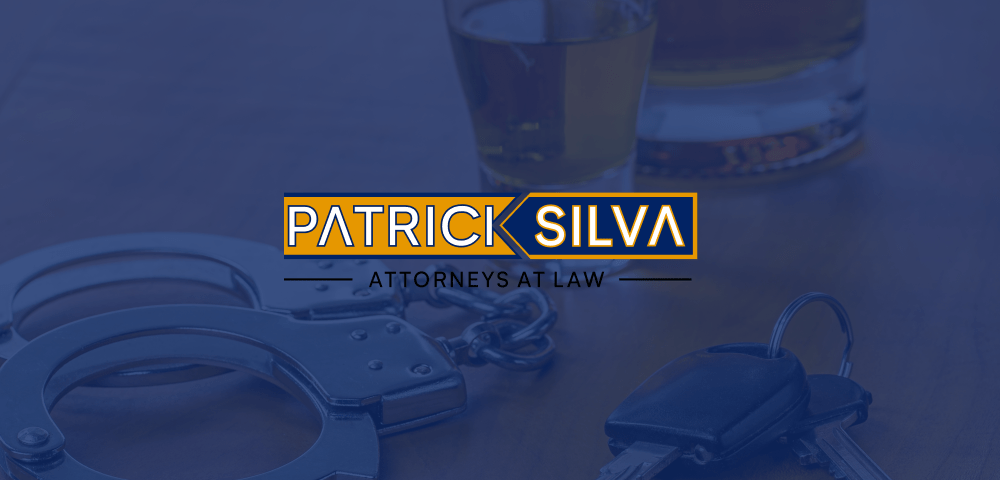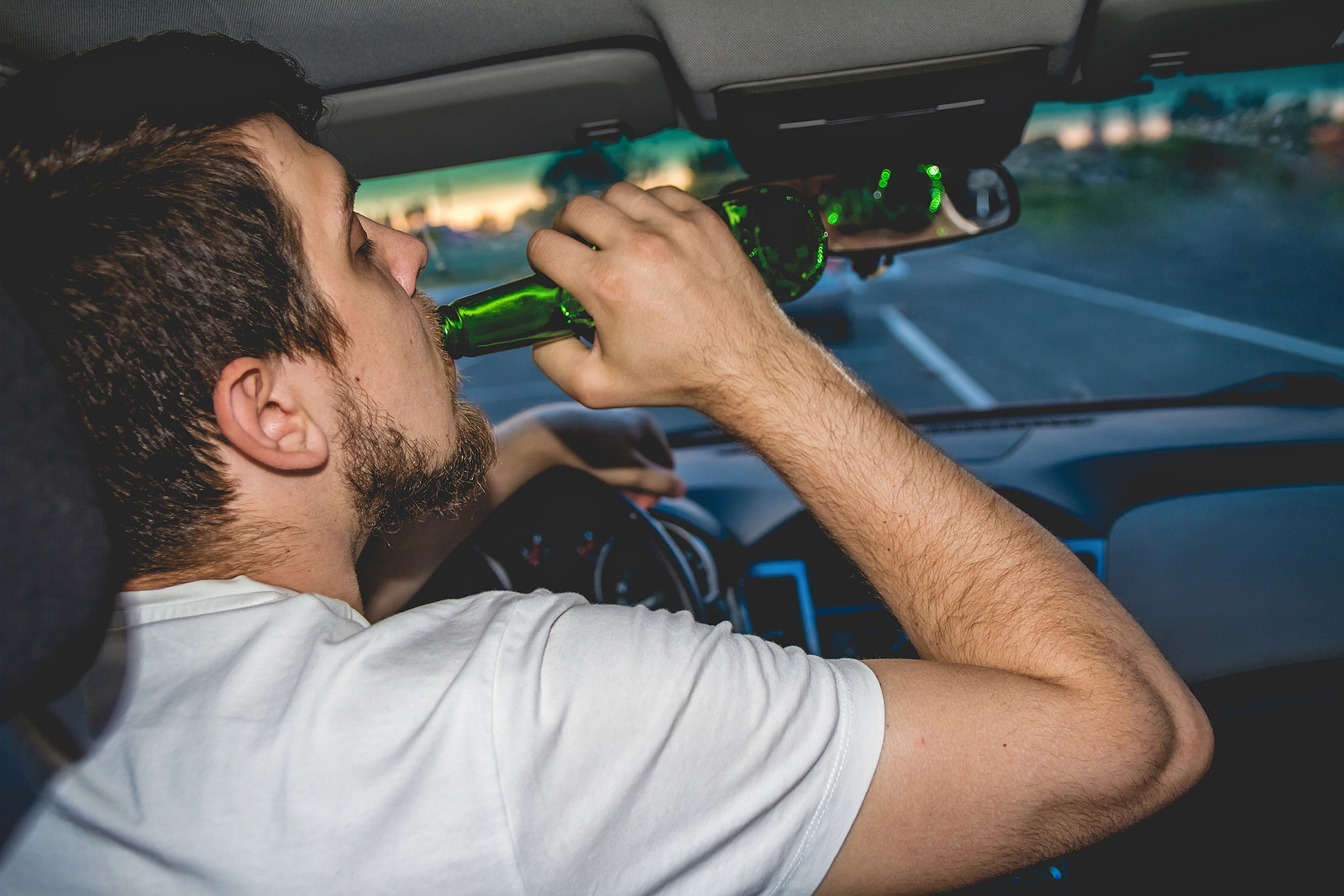Young drivers are at high risk of being involved in fatal car accidents that involve alcohol. Most states, such as California, have responded to this devastating fact by passing zero-tolerance DUI laws for anyone under 21. This means if you’re not of legal drinking age, you could get an underage DUI for driving after even one drink.
While zero-tolerance DUI laws were enacted to try to save the lives of young people, sometimes they unfairly target drivers who were not impaired by alcohol or whose rights were ignored by police. If you or your child were arrested under the zero-tolerance DUI law, you should talk to a DUI defense lawyer for help getting the charge dismissed or reduced.
What Are Zero Tolerance DUI Laws?
The zero-tolerance DUI law in California asserts that drivers under 21 can be charged for DUI if their blood alcohol concentration is 0.01% or more. This law only takes into account the age of the driver and their BAC when pulled over. It does not require police to prove the driver was impaired while operating a vehicle. So, if you’re under 21 and your BAC was 0.02%, you could be arrested even if you did not feel impaired while driving.
If you’re convicted of this charge, you will lose your driver’s license for one year and will have to pay up to $250 in fines. If you don’t yet have a driver’s license, you will have to wait an extra year to apply for one after a zero-tolerance DUI conviction.
Note that this is a civil charge rather than a criminal one. Therefore, it won’t show up on a criminal record and doesn’t add points to your driver’s license. However, getting your license suspended for a year can make getting to school or work difficult, so it’s worth talking to a DUI lawyer to find out how to avoid this penalty if possible.
What If the Underage Driver’s BAC Is Over 0.05%?
Zero tolerance laws apply when the driver’s BAC is between 0.01% and 0.05%. But when they’re above that, other charges will be applied. If the minor driver’s BAC is 0.05% or higher, they’ll be charged with underage DUI. The penalties are the same as those for a zero-tolerance DUI, though drivers who are 18 and up must undergo a three-month alcohol education course.
If a minor’s BAC is 0.08% or higher and the police believe their driving was impaired, they could be charged with a standard DUI, which is a criminal offense. However, as long as it’s the first DUI and no one was injured, it’s charged as a misdemeanor. The penalties for underage drivers facing a DUI could include jail time, license suspension for a year, a fine of up to $1,000, and an alcohol education program. They’ll also be on probation for at least three years and will be assessed more expensive auto insurance rates once they can drive again.
Do DUIs for Underage Drivers Go Through Juvenile or Adult Courts?
While zero-tolerance DUI laws are strict and can apply after an underage driver has had a single drink, the consequences aren’t as long-lasting as a standard DUI. Such charges are civil infractions handled by the juvenile court for drivers under 18.
Drivers under age 18 who get an underage DUI for a BAC of 0.05% and up will also typically go to juvenile court for the case. However, minor drivers who are 18 or older will have their case handled by the adult court system and could end up with a criminal record if convicted of a DUI. This is why it’s important to get legal help after a DUI arrest in California. Skilled lawyers know the legal defense angles to take for DUI cases and can often get serious charges reduced to more minor infractions.
If you have questions about which court your case will be handled by and what penalties you face, you should contact a California law firm with years of experience taking on DUI cases for underage drivers. At Patrick Silva, Attorneys at Law, we understand how important it is for you to clear your name so you can keep your license. Call us at 909-500-4819 to discuss your legal options.




